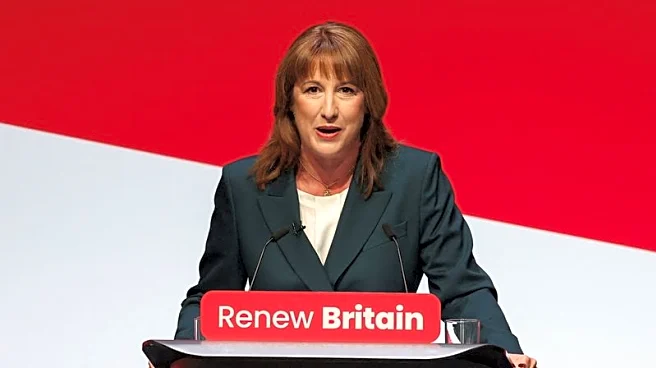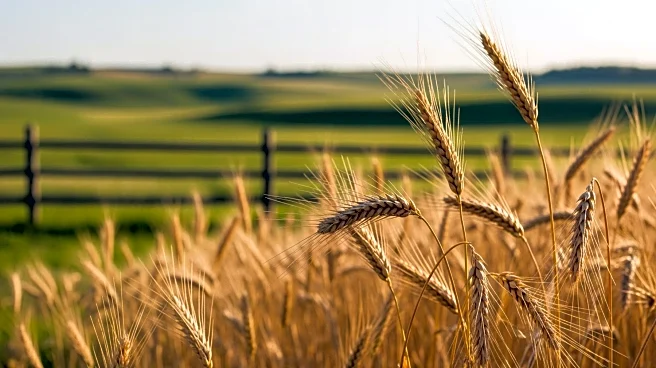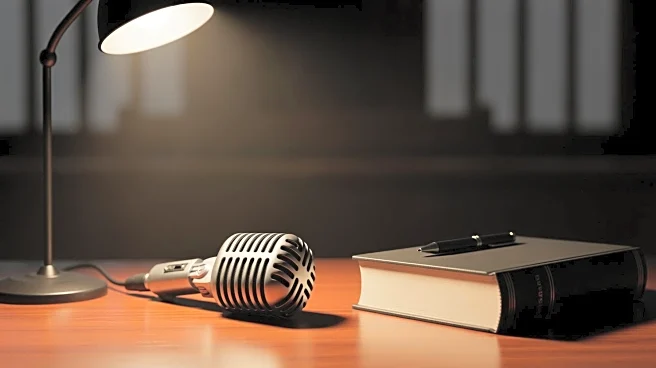LONDON (Reuters) -British finance minister Rachel Reeves is expected to raise tens of billions of pounds in taxes in her budget on November 26 to stay on track to meet her fiscal targets and avoid a loss
of confidence in the bond market.
Reeves has said she is looking at spending reductions too but any cuts are expected to be small.
Following is a summary of measures that Reeves is reportedly considering or has been urged to introduce as she seeks as much as 30 billion pounds a year ($40.3 billion) in extra revenue.
INCOME TAX
Reeves and Prime Minister Keir Starmer promised voters last year they would not raise the rates of income tax, value-added tax or social security contributions paid by "working people."
The Guardian said on October 23 that Reeves might increase the main income tax rate by one percentage point to raise an extra 8 billion pounds.
Such an increase in just the higher and top rates of income tax would raise around 2 billion pounds and 230 million pounds a year respectively.
A minister said on October 24 the pre-election tax commitment stood.
Reeves could raise about 8 billion pounds of extra income tax by extending a freeze on the thresholds at which people pay basic and higher income tax rates by two years until 2030.
VAT
Value-added tax could be simplified by ending lower or zero rates for products such as food and children's clothes. But that could add to British inflation which is the highest among the Group of Seven economies. Tax experts also say a lower starting threshold for businesses paying VAT would bring in more revenue and remove a disincentive for growth among small firms.
A NEW TAX
Reeves might introduce a new tax, on incomes for example, dedicated to a specific area of spending such as public health. Such a move would probably be seen as breaking the spirit of the 2024 commitment.
THE WEALTHY
Reeves has ruled out a new wealth tax but said on October 15 that higher taxes on the wealthy "will be part of the story," leading to speculation that she might increase taxes on capital gains and other income sources. Reeves often says "those with the broadest shoulders should pay their fair share of tax".
PROPERTY
Many economists say a stamp duty tax paid by homebuyers discourages mobility and holds back economic growth. A separate local tax paid by homeowners is based on out-of-date valuations. Reeves might seek to increase taxes paid by owners of expensive homes and reduce stamp duty.
PENSIONS
Options include charging social security levies on pension contributions made by employers to staff or lowering the 25% tax-free lump sum that individuals can take from a pension. Legal & General CEO Antonio Simoes told Reuters the budget must not deter pension savers.
SAVINGS ACCOUNTS
The Financial Times said on October 14 that Reeves was looking at lowering the tax-free limit for cash Individual Savings Accounts in the hope of driving more money into the UK stock market.
LAWYERS AND ACCOUNTANTS
The Times reported on October 21 that Reeves was considering an increase in tax on people in limited liability partnerships, which are typically used by partners at large accountancy and law firms, triggering protests from professional bodies.
BANKS
Some think tanks have called for higher taxes on banks to claim back some of the billions of pounds of interest that lenders have received on reserves held at the Bank of England, a feature of the BoE's quantitative easing programme. Such a move could hurt lending and slow growth, bankers say.
Reeves said on October 16 she wanted to ensure there is a "competitive environment" for financial services firms.
'SIN TAXES'
Taxes on alcohol, tobacco, gambling and vaping could go up. Other options are air travel, plastics and sugary drinks. But higher "sin" taxes could prompt consumers to change their spending behaviour and limit the extra government revenues. They could also be inflationary.
FUEL DUTY
Successive governments have kept fuel duty frozen since 2011, fearful of protests by drivers over petrol and diesel costs. The duty is a big revenue-raiser bringing in around 25 billion pounds a year, so ending the freeze could boost tax revenues significantly.
($1 = 0.7451 pounds)
(Writing by William Schomberg; Editing by Hugh Lawson)










